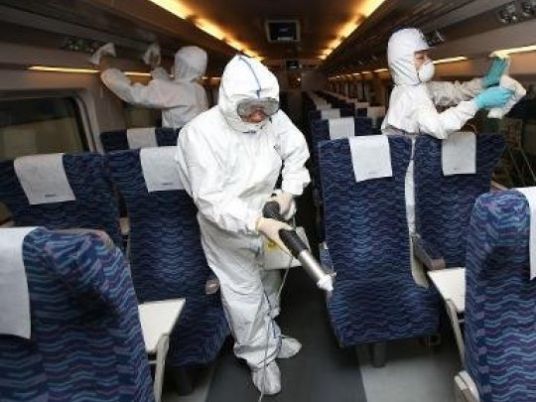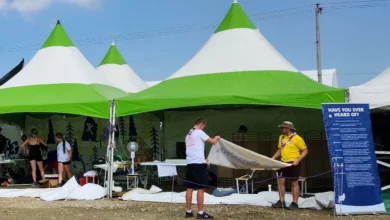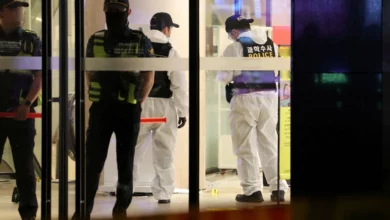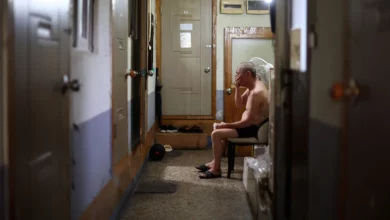
South Korea reported a jump in cases of Middle East Respiratory Syndrome (MERS) on Monday and local officials ordered the closure of nearly 2,000 schools nationwide, while an 80-year-old man became the sixth fatality from the outbreak.
Singapore postponed or cancelled all school trips to the country, although the head of the World Health Organization (WHO) said she believed South Korea would be able to control the further spread of the virus by taking appropriate measures.
The latest MERS patient to die in South Korea had been hospitalized for pneumonia when he was infected, officials in the city of Daejeon said on Monday.
The Health Ministry announced 23 new infections, bringing the total to 87. South Korea now has the second highest number of infections in the world after Saudi Arabia, according to data from the European Center for Disease Prevention and Control.
Underlining concern about the spread of the disease, South Korean authorities said they would track the cellphones of more than 2,300 people under quarantine who may have been in contact with patients. Some of those under quarantine are in healthcare facilities although most are at home.
A team of experts from the WHO was due to begin work on Tuesday to evaluate the response to the outbreak, including why it had spread so fast and advise on further measures.
The South Korean culture of families looking after their loved ones at hospitals may have been part of the reason for it to spread within healthcare facilities, WHO Director-General Margaret Chan told Yonhap news agency.
All known South Korean infections have taken place within healthcare facilities, where it is common for family and friends to make lengthy visits, sometimes around the clock. The WHO has not advised any travel restrictions.
Focus on schools
The South Korean government, under criticism for a lack of transparency and failing to respond swiftly to the outbreak, identified 24 health facilities where MERS patients have been present, including six where infections are known to have occurred.
Reflecting public concern among parents, 1,869 schools across the country were due to be closed on Monday, the Education Ministry said.
All school trips from Singapore to South Korea had been postponed or cancelled, Singaporean media reported over the weekend, citing the Ministry of Education.
The quarantine office at Japan’s Narita Airport, which serves Tokyo, said announcements were being made on planes from South Korea that anybody who might have been in contact with a MERS patient or been in a hospital with MERS patients needed to report to quarantine officials.
Seventeen of the new South Korean cases come from the same Seoul hospital emergency room where the country’s first patient was diagnosed, the Health Ministry said.
There were no additional cases from another hospital which produced the first wave of infections with 37 patients.
The country’s first patient returned from Saudi Arabia in early May, officials have said.
First identified in humans in 2012, MERS is caused by a coronavirus from the same family as the one that triggered Severe Acute Respiratory Syndrome, or SARS. South Korea’s new cases bring the total globally to 1,236, based on World Health Organization (WHO) data, with at least 445 related deaths.
With the economy already flagging, the MERS outbreak is adding pressure for another interest rate cut in South Korea, possibly as soon as the central bank’s next policy meeting this week. The finance minister has said there is no need for a supplementary budget.




